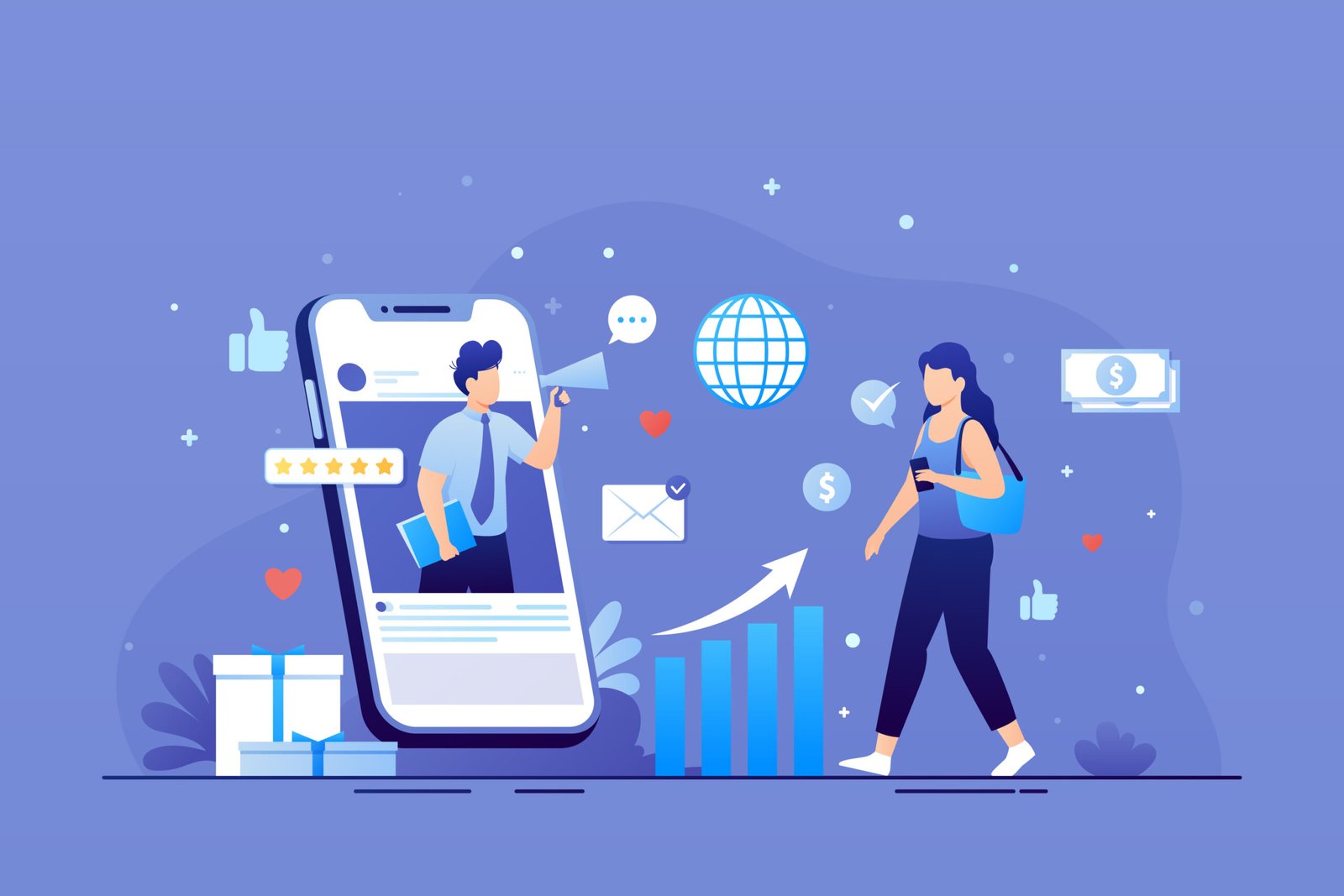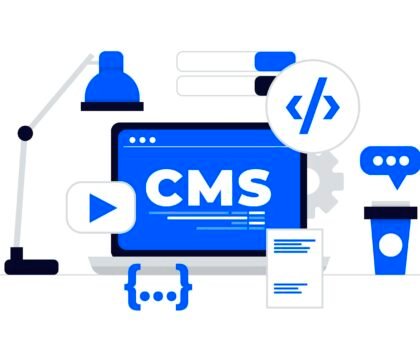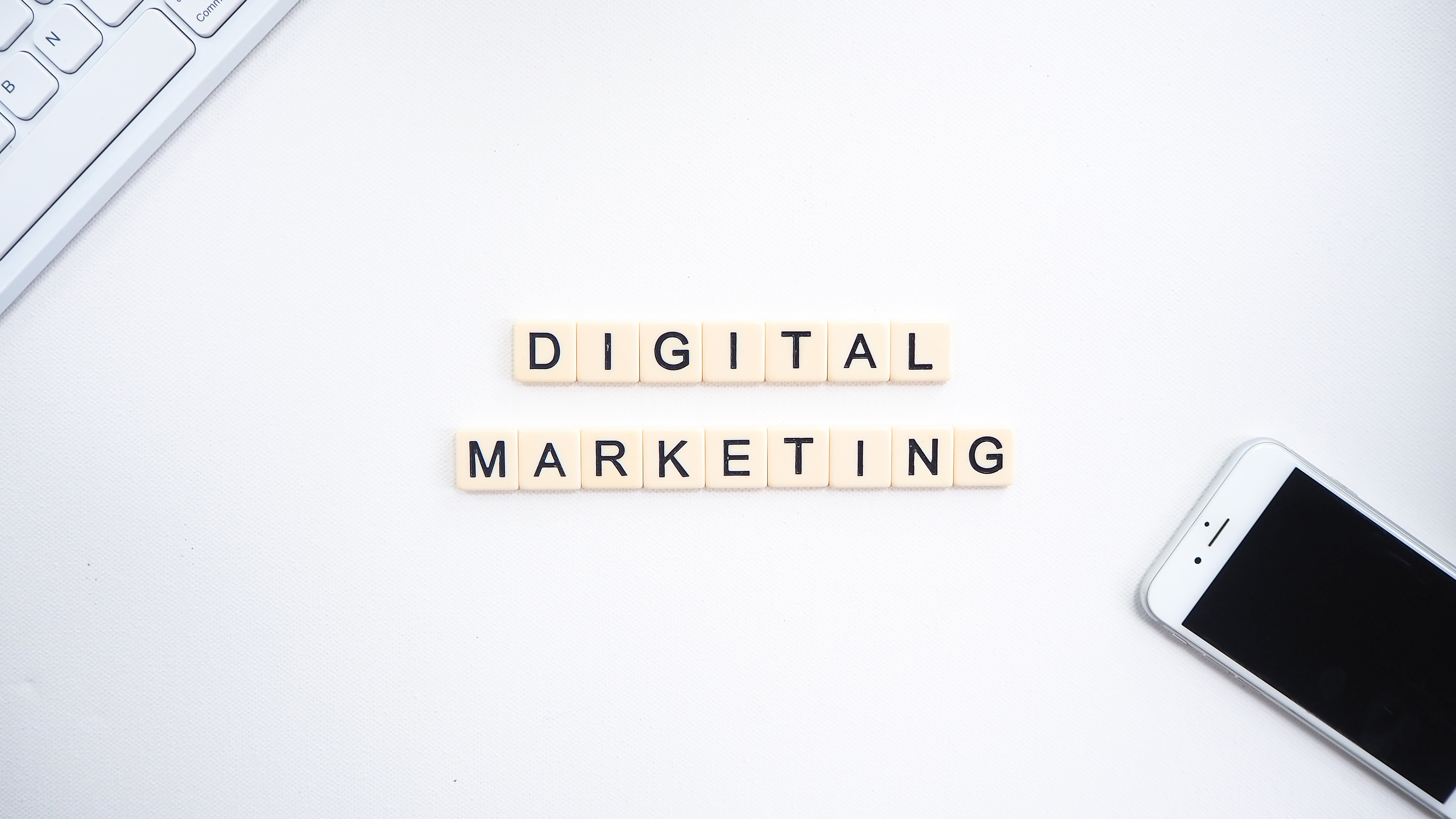Artificial Intelligence (AI) is revolutionizing the digital marketing landscape by enabling marketers to analyze vast amounts of data, automate processes, and deliver personalized experiences at scale. AI-powered tools and algorithms can extract insights, predict customer behavior, optimize campaigns, and enhance overall marketing effectiveness. Here are some key roles and applications of AI in digital marketing:
- Data Analysis and Insights: AI can process and analyze large volumes of data quickly and efficiently. By leveraging machine learning algorithms, AI can uncover patterns, trends, and correlations within data sets that human analysis may overlook. This helps marketers gain valuable insights into customer behavior, preferences, and market trends, enabling them to make data-driven decisions.
- Predictive Analytics: AI algorithms can predict customer behavior and outcomes based on historical data patterns. By analyzing past interactions and purchasing behavior, AI can generate accurate predictions about customer preferences, lifetime value, churn likelihood, and even potential sales opportunities. This allows marketers to tailor their strategies and campaigns to target the right audience with the right message at the right time.
- Personalization and Customer Experience: AI enables marketers to deliver personalized experiences at scale. By leveraging customer data and AI algorithms, marketers can create highly targeted and customized content, product recommendations, and offers for individual customers. AI can analyze customer preferences, browsing history, and demographics to deliver personalized email campaigns, website experiences, chatbot interactions, and dynamic content.
- Chatbots and Virtual Assistants: AI-powered chatbots and virtual assistants are transforming customer service and support. Chatbots can provide instant responses to customer inquiries, assist with product recommendations, process orders, and handle routine tasks. AI-powered virtual assistants can provide personalized recommendations, answer customer queries, and guide users through complex processes. This improves customer satisfaction, reduces response times, and enhances the overall customer experience.
- Content Creation and Curation: AI can assist in content creation and curation by generating and optimizing content. Natural Language Processing (NLP) algorithms can analyze data, trends, and customer feedback to generate relevant and engaging content. AI-powered tools can also curate content from various sources, helping marketers discover, organize, and distribute content that aligns with their target audience’s interests.
- Ad Targeting and Optimization: AI enables more precise ad targeting and optimization. By analyzing customer data and behavior, AI algorithms can identify the most relevant audience segments and optimize ad placements, bidding strategies, and creative elements in real-time. This results in more effective ad campaigns, higher conversion rates, and improved return on ad spend (ROAS).
- Marketing Automation: AI-driven marketing automation tools streamline repetitive tasks, such as email marketing, social media scheduling, and lead nurturing. AI algorithms can segment audiences, create personalized email campaigns, schedule social media posts, and trigger automated responses based on customer behavior. This saves time, improves efficiency, and allows marketers to focus on strategic initiatives.
- Voice Search and SEO: The rise of voice-enabled devices has led to the increasing importance of optimizing content for voice search. AI-powered voice assistants, like Amazon’s Alexa or Google Assistant, rely on AI algorithms to understand and respond to user queries. Marketers need to optimize their content and SEO strategies to cater to voice search, including long-tail keywords and conversational phrases.
- Social Media Analysis and Sentiment Analysis: AI can analyze social media data, track brand mentions, and gauge sentiment. Natural Language Processing algorithms can analyze social media conversations to understand customer opinions, identify trends, and monitor brand reputation. This helps marketers make data-driven decisions, respond to customer feedback, and manage brand perception effectively.
- Fraud Detection and Security: AI algorithms can detect fraudulent activities, such as click fraud or bot traffic, in digital advertising campaigns. By analyzing patterns, behaviors, and anomalies, AI can identify and prevent fraudulent activities, ensuring that marketing budgets are spent on genuine engagements and conversions. AI-powered security measures can also protect customer data and prevent unauthorized access.
It’s important to note that while AI brings significant benefits to digital marketing, human oversight and expertise are still crucial. Marketers need to understand the limitations and ethical considerations of AI, ensure data privacy and security, and continuously monitor and optimize AI-driven strategies to align with their business goals and customer needs.
In conclusion, AI is transforming digital marketing by enabling data-driven decision-making, personalization, automation, and optimization. By leveraging AI-powered tools and algorithms, marketers can improve customer experiences, increase efficiency, and drive better results in today’s dynamic and competitive digital landscape.





